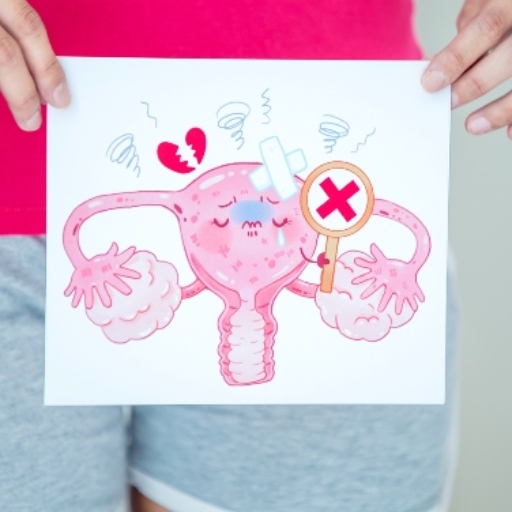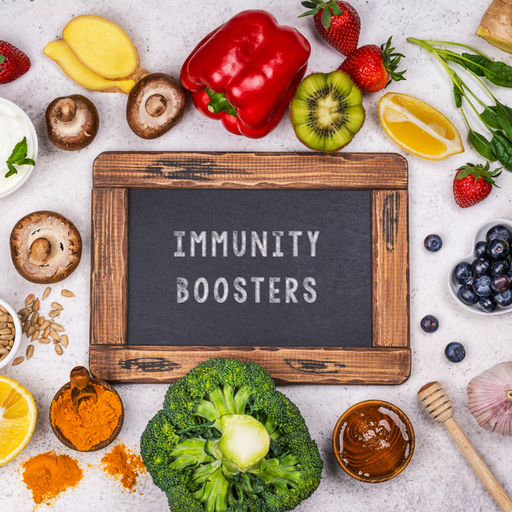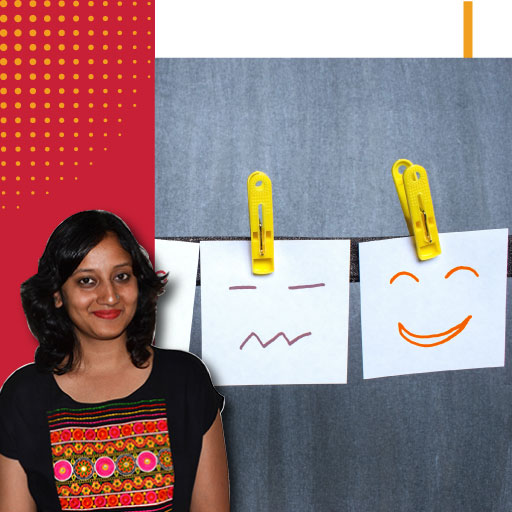PMS is common among menstruating women but it is acceptable only to a point where the symptoms are bearable and don’t affect their routine life. You can manage your PMS much better if you are aware of the triggering factors that aggravate your symptoms and the appropriate management to get rid of them.
Here’s what you need to know:
What is PMS?
PMS or Premenstrual Syndrome is a common condition affecting most of the menstruating women nowadays. PMS manifests itself in the form of abdominal cramps, bloating, headache, migraine and mood swings. In case you find one or more of these symptoms, then you might be going through PMS. Globally, about half of the females of reproductive age face PMS. It may vary from mild symptoms to severe pains that may affect their daily life which is a subject of concern.
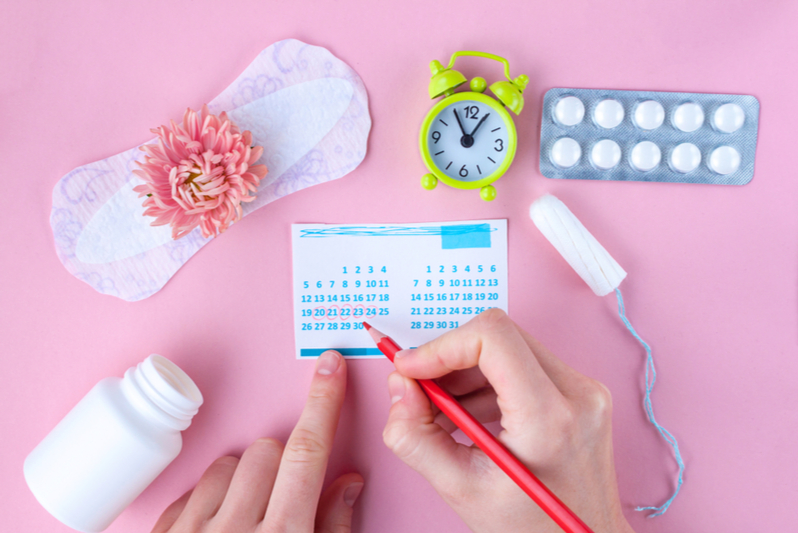
What are the symptoms of PMS?
PMS shows a group of symptoms that often initiate a week before your periods. These usually get over after few days of menstrual discharge, as this is the time when your hormonal levels begin to rise again. PMS is so common that 3 in 4 women experience 1 or more symptoms related to it. There can be several triggering factors for PMS such as stressful life, age, family history, depression, and lifestyle.
PMS can vary from one woman to another – few of them experience only physical symptoms; few experience emotional symptoms, while some experience both. Some women also do not experience any of the physical or emotional symptoms. While some women experience minor to severe symptoms, others go on with their periods without any symptoms.
- Most common physical symptoms during PMS can be:
- Breast tenderness/swelling
- Muscular/Joint pains
- Cramps
- Constipation/Diarrhoea
- Bloating
- Headache
- Pimples
- Certain food cravings
- Awkwardness
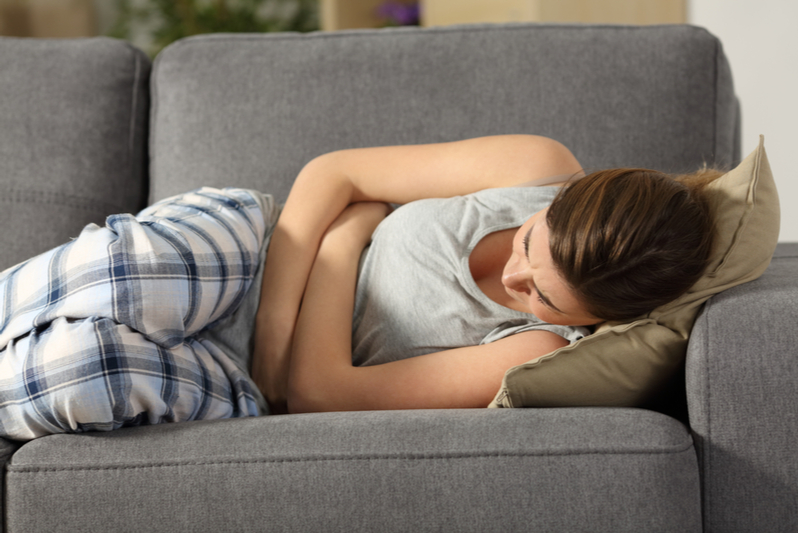
- Most common mental/emotional PMS symptoms that women experience are:
- Irritation
- Mood swings
- Anxiety
- Stress
- Depression
- Weeping
- Insomnia
- Loss of libido
How can you self-diagnose PMS?
If you notice the following symptoms then for sure you are dealing with PMS:
- Symptoms starting somewhere 5 days prior to your periods for 3 consecutive menstrual cycles.
- Symptoms get over within 4 days after your menstrual cycle has started.
- Symptoms preventing you to perform your daily activities.
How to manage PMS?
Managements and lifestyle changes that you can adapt to ease your PMS symptoms are:
- Cardiac exercises like jogging, dancing, etc., will help you fight depression, fatigue and increase your focus.
- Restricting diet like intake of sugar, salt, caffeine, dairy products, etc.
- Include healthy carbs like oats in your diet which may improve your mood swings.
- Enough sleep of 6 to 8 hours per day.
- Stress management by doing yoga or mindfulness meditation to ease your emotions.
- Quit smoking as it worsens your PMS symptoms.
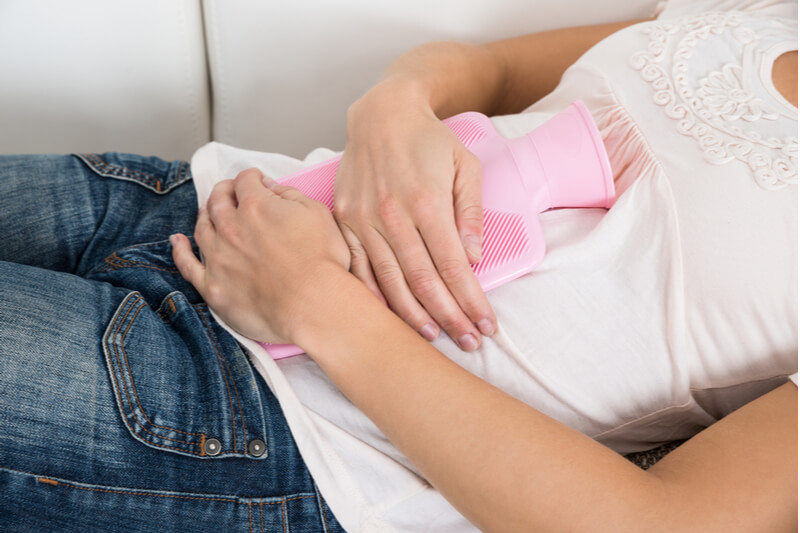
If you are still experiencing severe PMS symptoms, Then consult your doctor for the best advice and medications. For more information on mindfulness and nutrition, tune in to the Activ Living Community.
Credit: Welcome Cure






 1800-270-7000
1800-270-7000



